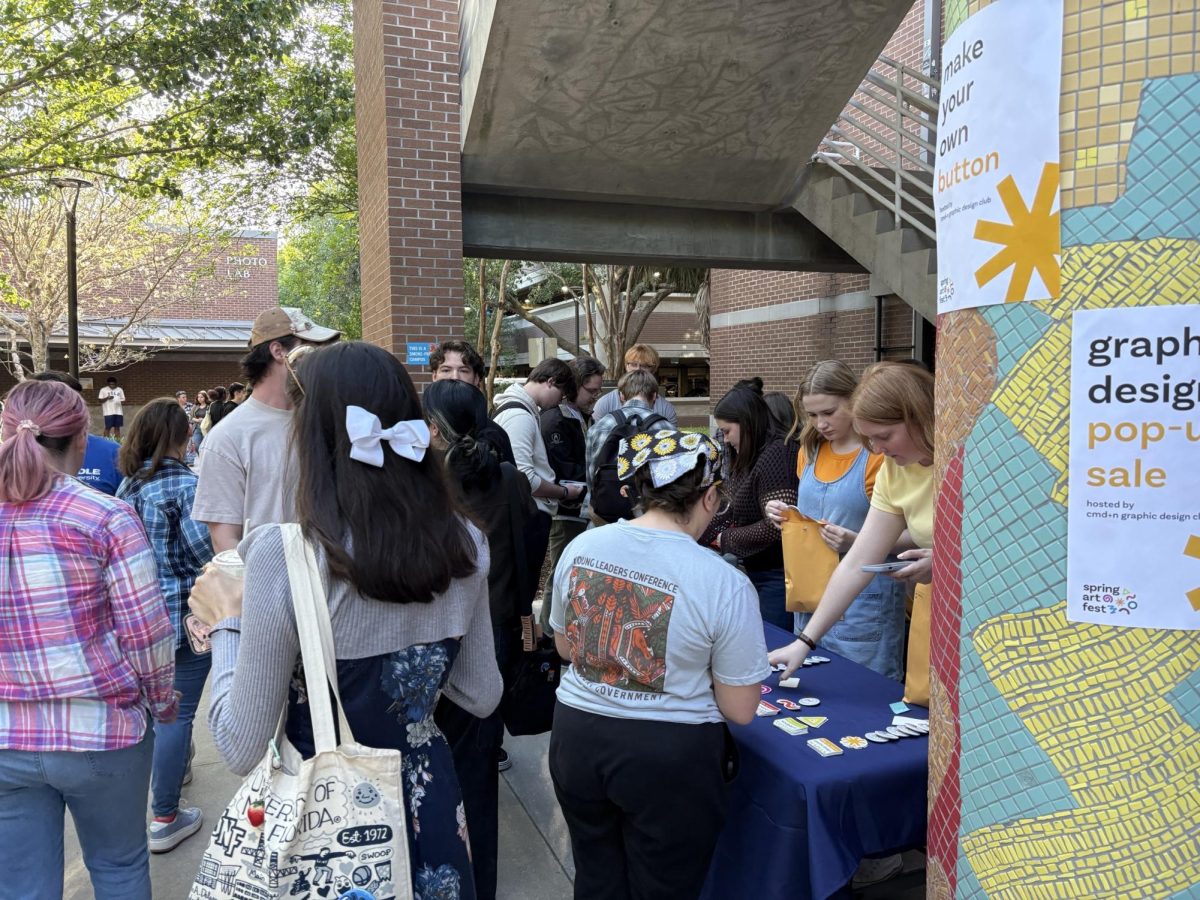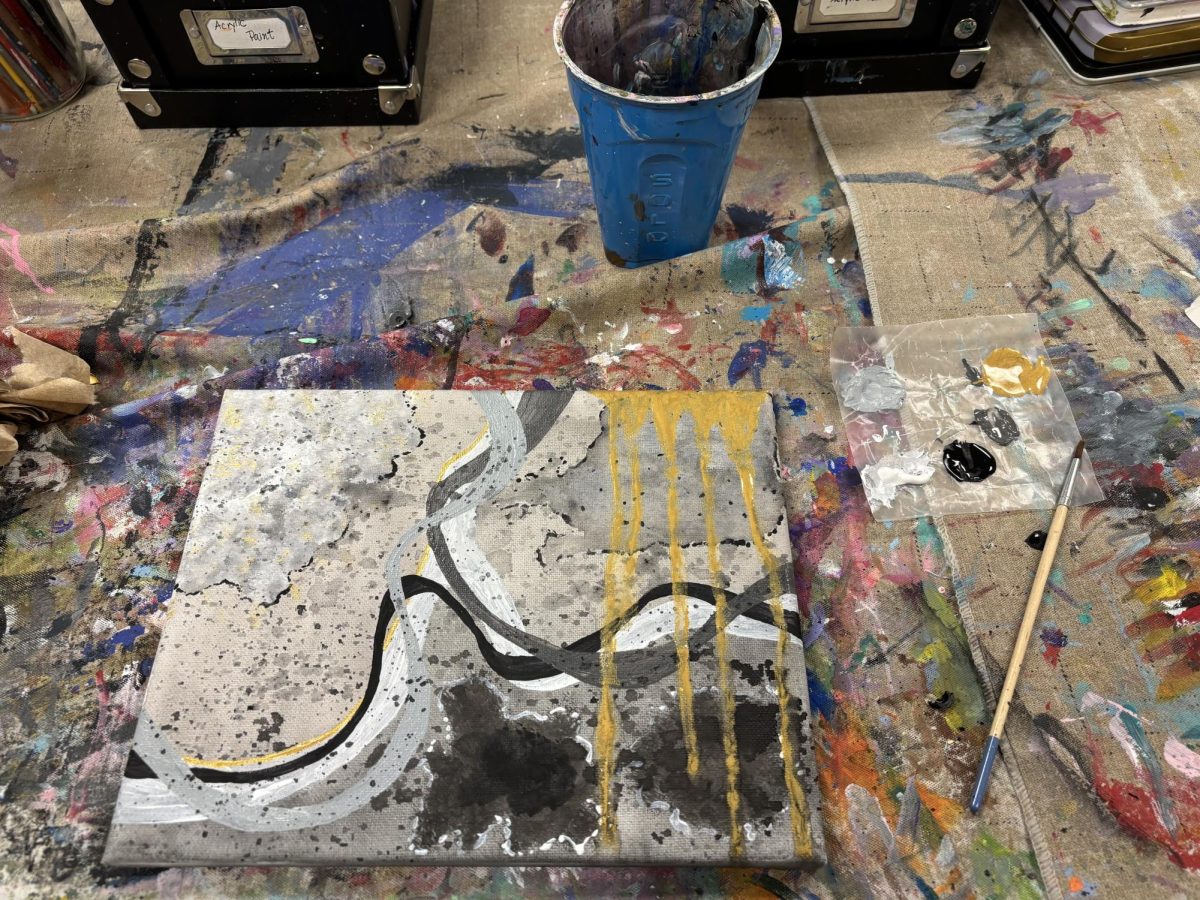Facebook recently banned photos of two nude statues by the Museum of Art and History in Geneva, bringing the debate about nudity in public spaces into the limelight once more.
Associate Professor of Photography Christopher W. Trice weighed in on the controversy.
“I think the whole situation’s a little bit silly, actually,” Trice said, “People have been arguing this question… for a long time. And nudity seems to be a real hot-button issue with a lot of people for some reason, even though it is sort of the natural state of the human creature.”
“[The statues are] Roman art, too, which means it’s close to a couple thousand years old, so it’s not like it’s anything fresh and provocative,” Trice added. “But, ultimately, Facebook is a private corporation, and as long as they are abiding by the laws and the jurisdictions they’re operating under, they have the right to ban what they want to ban.”
With Trice’s perspective, the controversy ultimately falls on Facebook’s shoulders, under the fact that all interactions within private spaces do face the rules and regulations of that establishment. Still, Trice does support the Museum’s workaround of ‘censoring’ their photos on Twitter to get more PR out of the situation, while also acknowledging the flaws of Facebook’s evaluation process for the photos.
“I want to give them the benefit of the doubt that what they want to do is that they want to create a safe environment, a positive environment, where people can express themselves within the limits of the law,” Trice said. “Of course there are things that don’t belong on Facebook: things that harm other people, things that are genuinely hurtful… But, it’s pretty clear that what the museum posted was not harmful, was not meant to be hurtful, could not be considered pornography in any sense of the term. It still got flagged. Is that a poor decision? Yeah…but if they stand by it, they stand by it.”
After the Museum of Art and History protested the ban, Facebook backtracked and made the photos available on the website once again, adding that they were “inadvertently rejected.”
—
For more information or news tips, or if you see an error in this story or have any compliments or concerns, contact editor@unfspinnaker.com.











